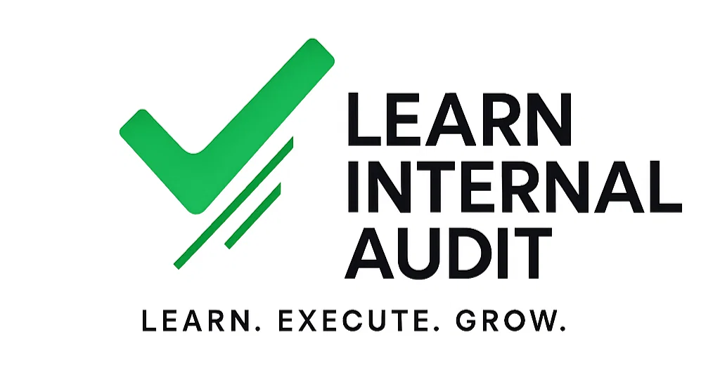Are you wondering what are the qualifications required to become internal auditor? Internal auditors play a crucial role in ensuring everything runs efficiently and ethically. But what exactly does it take to become a good internal auditor? Buckle up, because we’re about to break down the essential qualifications you’ll need to land your dream internal audit job.
1. Educational Qualifications Required to Become Internal Auditor:
A bachelor’s degree is typically the entry point for internal auditing. While there’s no single “perfect” major, having a solid foundation in accounting, finance, or business administration is highly recommended. These disciplines equip you with the financial acumen, analytical skills, and business knowledge essential for understanding an organisation’s inner workings.
2. Experience is Your Ally:
While not always mandatory, relevant experience can significantly boost your resume and give you a competitive edge. Look for opportunities in accounting, finance, risk management, or even other departments within an organisation. This experience provides practical insights into how businesses operate, making you a more well-rounded candidate.
3. Certifications and Trainings Open Doors:
While not always mandatory, pursuing professional certifications like the Certified Internal Auditor (CIA) can demonstrate your commitment to the field and enhance your credibility. These certifications involve rigorous exams and continuing education requirements.
Alternatively, you may explore certification courses on internal audit offered by us. These courses provide comprehensive learning modules on internal audit principles, methodologies, and best practices, equipping you with the foundational knowledge and skills required to excel in the field. While not a substitute for the prestigious CIA certification, these courses can serve as a valuable stepping stone for individuals looking to enter the internal audit profession or enhance their existing knowledge base.
4. Hone Your Skills Arsenal:
Beyond the academic qualifications, internal auditors need a unique blend of soft skills to thrive in the role. Here are some key areas to focus on:
- Communication: You’ll be liaising with various stakeholders, from executives to operational staff. Clear and concise communication is crucial for conveying complex information effectively.
- Analytical Thinking: Internal auditing involves dissecting information, identifying patterns, and drawing insightful conclusions. Sharpen your analytical skills to delve deeper and uncover potential risks or inefficiencies.
- Problem-Solving: Internal auditors are often tasked with identifying and proposing solutions to various business challenges. Develop your problem-solving skills to think creatively and come up with effective solutions.
- Attention to Detail: A keen eye for detail is paramount in internal auditing. You’ll need to meticulously examine records, data, and processes to identify any anomalies or potential issues.
5. Continuous Learning is Key:
The world of business is constantly evolving, and internal auditors need to stay at the forefront. Embrace continuous learning by attending industry conferences, workshops, and pursuing additional certifications to stay updated with the latest best practices, regulations, and technological advancements within the field.
Becoming an internal auditor is a journey, not a destination. By equipping yourself with the right qualifications, experience, and skills, you can pave the way for a fulfilling career in safeguarding the integrity and efficiency of organisations.

